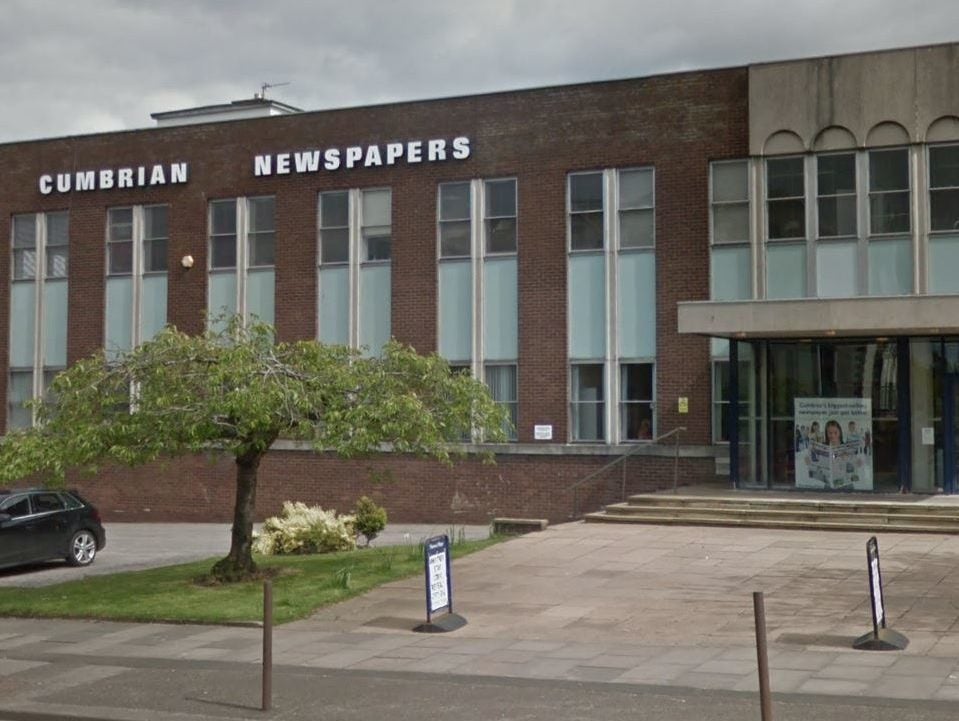
Carlisle City Council’s leader has agreed to allow members of the National Union of Journalists to meet at a civic centre after a Newsquest ban on all union meetings at its HQ in the Cumbrian city.
The NUJ has said the decision from the regional publisher has ended “decades of co-operation” between the Carlisle NUJ Chapel and Cumbrian Newspapers (CN Group), which Newsquest bought in February this year.
Chapel members have accused Newsquest of having an “aggressive attitude to the union”, saying that “in the past, managers have always treated the chapel with respect and consideration”.
A Newsquest spokesperson said: “Our focus is on placing the CN Group business on a sustainable footing and securing jobs for the future. It is also common practice across Newsquest that union meetings are held off-site.”
Carlisle City Council leader Colin Glover offered the civic centre building to NUJ members after the ban at Newsquest’s HQ in Dalston Road, Carlisle (pictured).
The offices are home to the Carlisle News and Star newspaper, which has a circulation of just under 6,500 copies (combining East and West editions), according to ABC figures to June this year.
The Carlisle-based journalists have lodged a 5 per cent pay claim in an attempt to “reverse years of pay erosion” which had resulted in a reduction in earnings of up to 25 per cent, the NUJ said.
They claim not to have had a pay rise in eight years. Newsquest management is said to have confirmed that the pay freeze will continue in Cumbria.
A spokesperson for the chapel said: “The message our members are taking from this decision on pay is depressingly clear: Newsquest does not value its journalists in Cumbria.
“Any journalist who joins this company should expect a future of continuous pay erosion. In recent years, our journalists have taken on ever more responsibility for diminishing reward.
“The net result has been a steady and continuous loss of our most experienced local journalists. On this evidence, we can only conclude that Newsquest Cumbria in the long term is likely to be staffed primarily by transient, overworked, underpaid, journalists, who are either trainees or recently qualified.
“This will clearly help the firm to keep its costs down, but it will not secure a safe, viable business for the future. Driving away our most experienced journalists is bad for local journalism.”
Picture: Google Maps
Email pged@pressgazette.co.uk to point out mistakes, provide story tips or send in a letter for publication on our "Letters Page" blog
